Workshops
Monday 12th June 2023
Attendance to euspen‘s 2023 workshops are available free of charge to conference delegates (unless otherwise stated).
Please note that all times are shown in Central European Summer Time (CEST)
Workshop 1: Digital Manufacturing Technologies for Zero-defect Industry 4.0 Production – DIGIMAN4.0 EU Project Workshop
Monday 12th June 2023
Room: S01
Time: 14:00 – 17:00
Chair: Dr Guido Tosello, PhD Associate Professor, Technical University of Denmark, DK
Industry 4.0 identifies a strategy aimed at enabling industry to a transition towards future ways of production. It refers to a set of recent innovations that are currently disrupting value and process chains, with a substantial impact particularly to the manufacturing sector. Industry 4.0 gravitates around one core rationale: recent progress in a variety of digital technologies has created unprecedented possibilities that result in huge improvements in operational effectiveness for manufacturing industries. Industry 4.0 consists of essentially 9 clusters of key-enabling digital technologies that can radically innovate and disrupt the current manufacturing paradigms: Big Data and Analytics; Autonomous Robots; Simulation; Horizontal and Vertical System Integration; The Industrial Internet of Things; Cybersecurity; The Cloud; Additive Manufacturing; Augmented Reality. The Horizon2020 EU project DIGIMAN4.0 (https://www.digiman4-0.mek.dtu.dk/) (2019-2024) has provided research training to 15 ESRs (Early Stage Researchers) in the field of digital manufacturing technologies for Industry 4.0 production proposing:
- (1) Innovative technological solutions for high quality, high throughput and high precision production (zero-defect precision mass-manufacturing of high-performance products) for the manufacturing industry.
- (2) Cutting edge multi-disciplinary training in different domains (Precision Manufacturing Technologies, Digital Manufacturing, , Integrated Production Metrology, Lean Manufacturing, Production Management).
- (3) Validation of different digital manufacturing technologies by integration into process chains for the production of advanced components in several sectors (medical and healthcare, machine tool, electronics, automotive, aerospace).
The workshop will present the main results of the DIGIMAN 4.0 project to achieve zero-defect precision manufacturing applying digital technologies.
The full workshop programme can be viewed here.
Workshop chair:
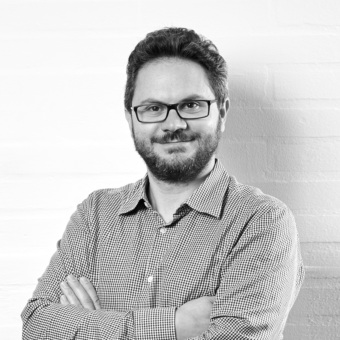
Guido Tosello, PhD, is Associate Professor at the Technical University of Denmark, Department of Mechanical Engineering, Section of Manufacturing Engineering. He is senior lecturer, scientific project coordinator, industrial consultant. Guido’s principal research interests are the analysis, characterization, monitoring, control, optimization and simulation of precision moulding processes at micro and nano scales.
He has 15 years of research experience in the field of polymer replication and more than 10 years of teaching in the fields of micro/nano/precision moulding technologies.
He has published more than 80 peer-reviewed articles in international scientific journals and more than 190 peer-reviewed papers at international conferences and is the editor of the book “Micro Injection Molding” published by Carl Hanser Verlag in 2018.
Guido Tosello is the recipient of the “Technical University of Denmark Best PhD Research Work 2008 Prize” for his PhD thesis “Precision Moulding of Polymer Micro Components”.
Guido Tosello is currently the Project Coordinator of the H2020 MSCA ITN DIGIMAN4.0 “DIGItal MANufacturing Technologies for Zero-defect Industry 4.0 Production” (2019-2022) and has been the project coordinator of the H2020 MSCA ITN MICROMAN “Process Fingerprint for Zero-defect Net-shape MICROMANufacturing” from 2015 to 2019.
Guido holds an Executive MBA degree from the Technical University of Denmark Executive School of Business.
Workshop 2: Digitalisation in Precision Engineering
Monday 12th June 2023
Room: S09
Time: 09:00 – 12:00
Chairs: Dr Lars Schönemann & Dr Oltmann Riemer, University of Bremen – Leibniz Institute for Material Oriented Technologies – IWT, DE
Novel digital tools and data science technologies have contributed significantly to precision engineering and help to increase efficiency, accuracy, and reliability. The use of digital technologies, e.g. computer-aided design (CAD), computer-aided manufacturing (CAM), and simulation and modelling tools have enabled the design and manufacture of increasingly complex components and parts with a high degree of precision. Moreover, digitalization has contributed also enabled to integrate different manufacturing processes resulting in streamlined and cost-effective production processes. Overall, the adoption of digitalization in precision engineering has enabled the industry to meet the growing demand for high-quality, customized products while reducing production costs and lead times.
This euspen workshop will address the industrial and scientific aspects of digitalization and their specific impact in the field of precision engineering.
| Time | Programme |
| 09:00 – 09:30 | O. Riemer (IWT, Bremen) “Digitalisation in Precision Engineering – Welcome and Introduction” |
| 09:30 – 09:30 | Jelm Franse (ASML, Veldhoven) “Industrial application and good practice examples for supplier integration” |
| 10:00 – 10:30 | John Erkoyuncu (Cranfield University, Cranfield) – Online “Concepts and Implementation of Digital Twins in Precision Engineering” |
| 10:30 – 10:45 | Coffee break |
| 10:45 – 11:15 | Lars Schönemann (IWT, Bremen) “Example for a Digital Shadow in Precision Machining” |
| 11:15 – 11:45 | Robert Tomkowski (KTH) – Online “Digitalisation for Precision Engineering. Enablers for data-driven manufacturing” |
| 11:45 – 12:00 | Matt Davies (Nanotechsystems, Swanzey NH) “Machine tool driven perspective of digitalization for ultra-precision machining” Final open discussion |
Workshop 3: The future of Metrology for Advanced Manufacturing
Monday 12th June 2023
Room: S09
Time: 14:00 – 17:00
Chairs: Dr Harald Bosse, PTB, DE & Dr Alexander Evans, BAM, DE
This workshop covers metrology in advanced manufacturing and is intended to encourage interaction with the community to define the current metrology gaps and the future direction of research to overcome these challenges.
The first session will be chaired by Dr Harald Bosse from PTB, Germany. A short introductory talk on the European Metrology Network (EMN) for Advanced Manufacturing and its Strategic Research Agenda (SRA) will be given by vice chairs of the EMN.
- EMN for Advanced Manufacturing
- Who are we
- What we do
- Q&A
A short description of the first topic ‘Metrology challenges for machine tools’ will be given. Challenges on this topic addressed in SRA will be presented.
- Feedback / Discussion
- Interactive questionnaire using Pingo questions
The second session will be chaired by Dr Alexander Evans from BAM, Germany. A short description of the second topic ‘Cross Cutting Topic – Smart Manufacturing Systems’ will be given. Challenges addressed in SRA will be presented.
- Feedback / Discussion
- Interactive questionnaire using Pingo questions
The full workshop programme can be viewed here.
Workshop 4: Ask Me Anything (AMA)
Monday 12th June 2023
Room: TBC
Time: 15:00 – 17:00
Fee: €55:00 – Includes copy of the book “Leadership skills for engineers” by Jaco Friedrich
Chairs: Dr Ir. Jelm Franse, ASML, NL & Dr Byron Knapp, Professional Instruments Co., US
Workshop Objectives
This workshop aims to help people active in the the field of precision engineering discuss whatever issues they are dealing with as their career progresses from individual working engineers to members of teams, team leaders or managers. Topic examples are; dealing with top management, managing projects, stakeholders, making convincing presentations, convincing others, change management, decision making etc. etc.). During the workshop, participants can discuss with experienced people (role models) and get advice so that the next generation of engineers becoming leaders do not have to go through similar dilemmas from scratch.
How does it work?
Workshop participants will receive information about the role models experience (areas of work, resume) to enable participants to prepare questions in advance which can be sent to the workshop facilitator. During the start of the workshop, there will also be some time for participants to come up with additional questions. The questions can be about anything that the participants would like to discuss related to their work, working relations, being effective, leading teams, managing stakeholders, managing change, …… (whatever is on their mind).
At the start of the workshop, the facilitator will give a brief overview of the questions already submitted and will invite participants to prepare more questions, so that participants can build on these if they would like to sharpen a question or add something else.
The role model will then join the group, which typically sits in a semicircle. He/she briefly introduces him/herself to the group, and the facilitator then kicks off the questioning by the group members.
Typically, the role model will receive all kinds of questions, ranging from vision on a technology or technical issue, to social and ethical questions and also often dilemma’s between private and professional life, dealing with stressful situations and practical leadership issues.
The questions will trigger the role model to start telling stories from his/her personal experience, which typically makes it a very authentic and meaningful session.
Additional Info for participants
The participants will also be handed a copy of the book “Leadership skills for engineers” by Jaco Friedrich, who has worked with many groups of engineers that have had to deal with becoming leaders in their respective companies and institutes. Many of the cases in his book are direct write-ups of the kinds of issues people were struggling with and are discussed in these kinds of AMA workshops.
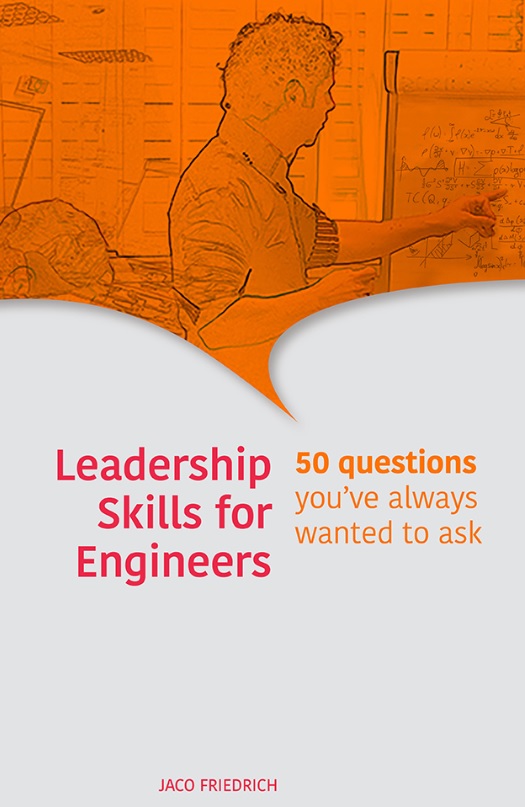
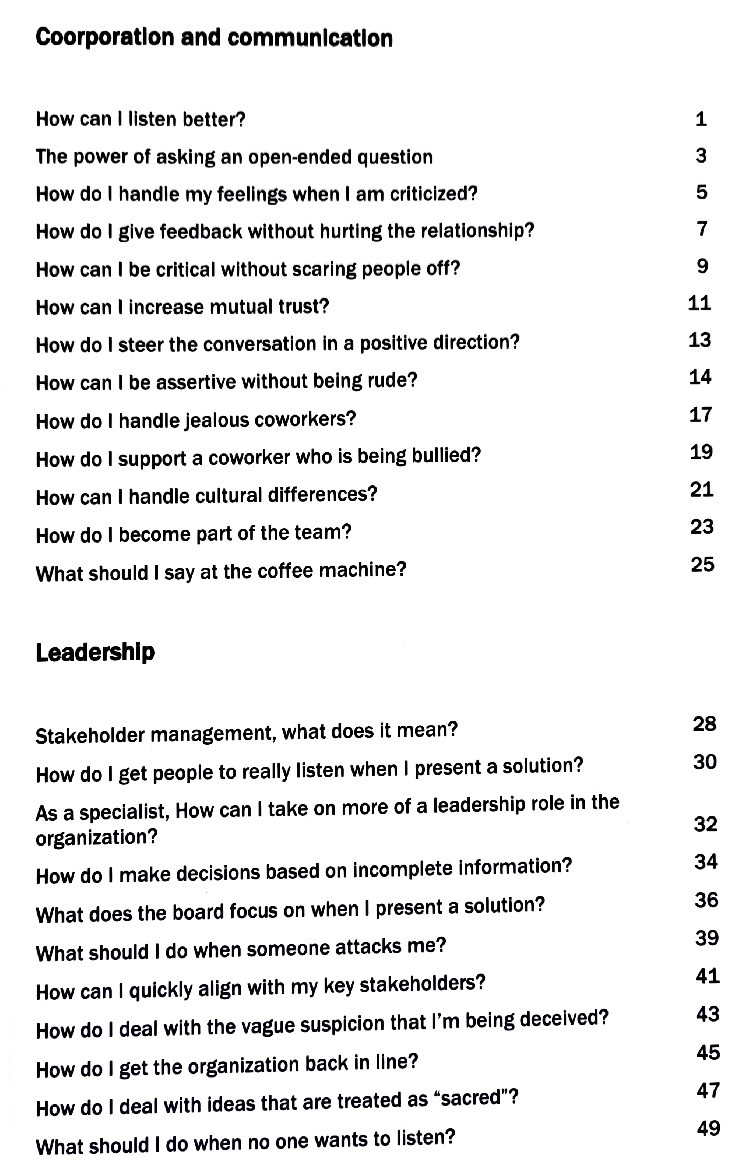
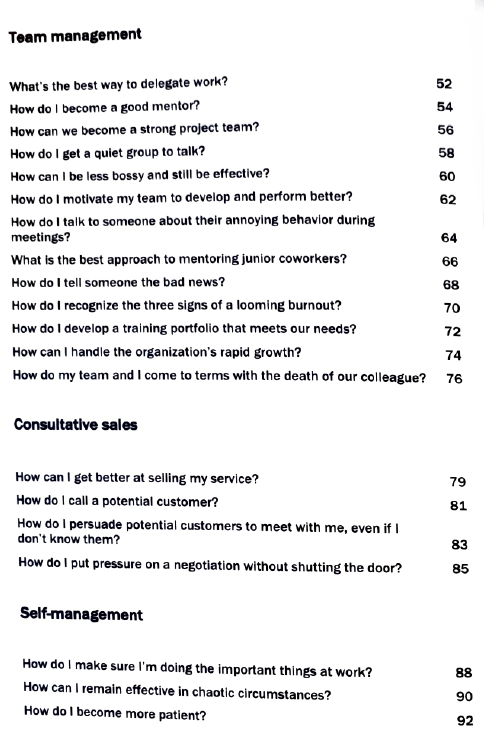
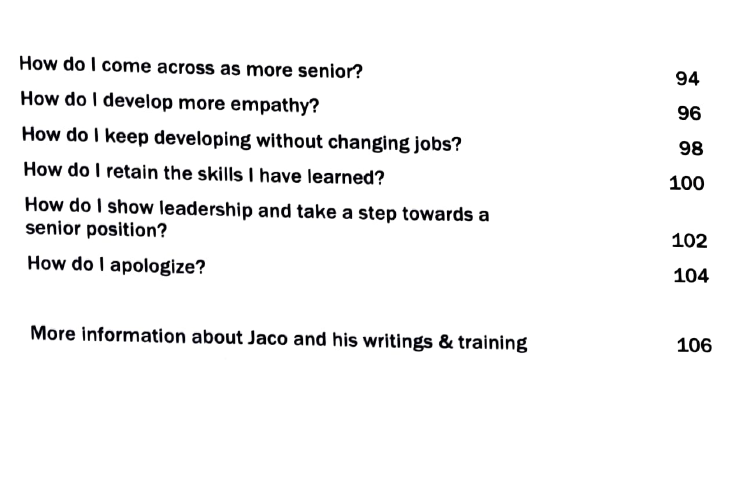
Workshop chairs:
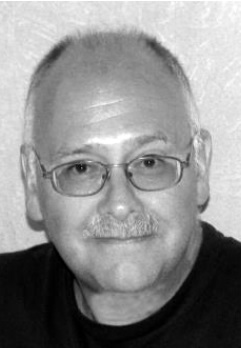
Dr. Ir. Jelm Franse obtained his MsC in Metals Science from Delft University in 1984. He started his career at Philips Research in the field of Tribology and Precision Engineering, working on precision manufacturing of optical components. From 1987 to 1989 he worked at Lawrence Livermore National laboratory as part of a knowledge exchange program between Philips and LLNL.
In 1992 after finishing a PhD thesis on precision grinding at Techn Un. Eindhoven as result of his Research in this area for Philips, he transferred to Philips Center for Manufacturing Technology. He started there as group-leader within the Mechatronics department, and subsequently became department manager of various departments and eventually VP of Philips CFT Sector Systems.
In 2004 he transferred to Philips Lighting as Innovation manager for Solid State Lighting.
In 2006 he became Executive VP of Singulus Mastering, responsible for all company activities except Sales and After Sales Service.
In 2009 he joined Etel/Heidenhain as Advanced Development Manager.
From 2010 onward Jelm has been working at ASML as senior director Mechanics, were he has been responsible for various mechanical precision modules in the ASML machines. At ASML, his current responsibilities include the Mechanical Design Means and Methods. This includes process ownership of TPD creation for ASML Worldwide, Design Automation Program and Simulation Driven Design activities.
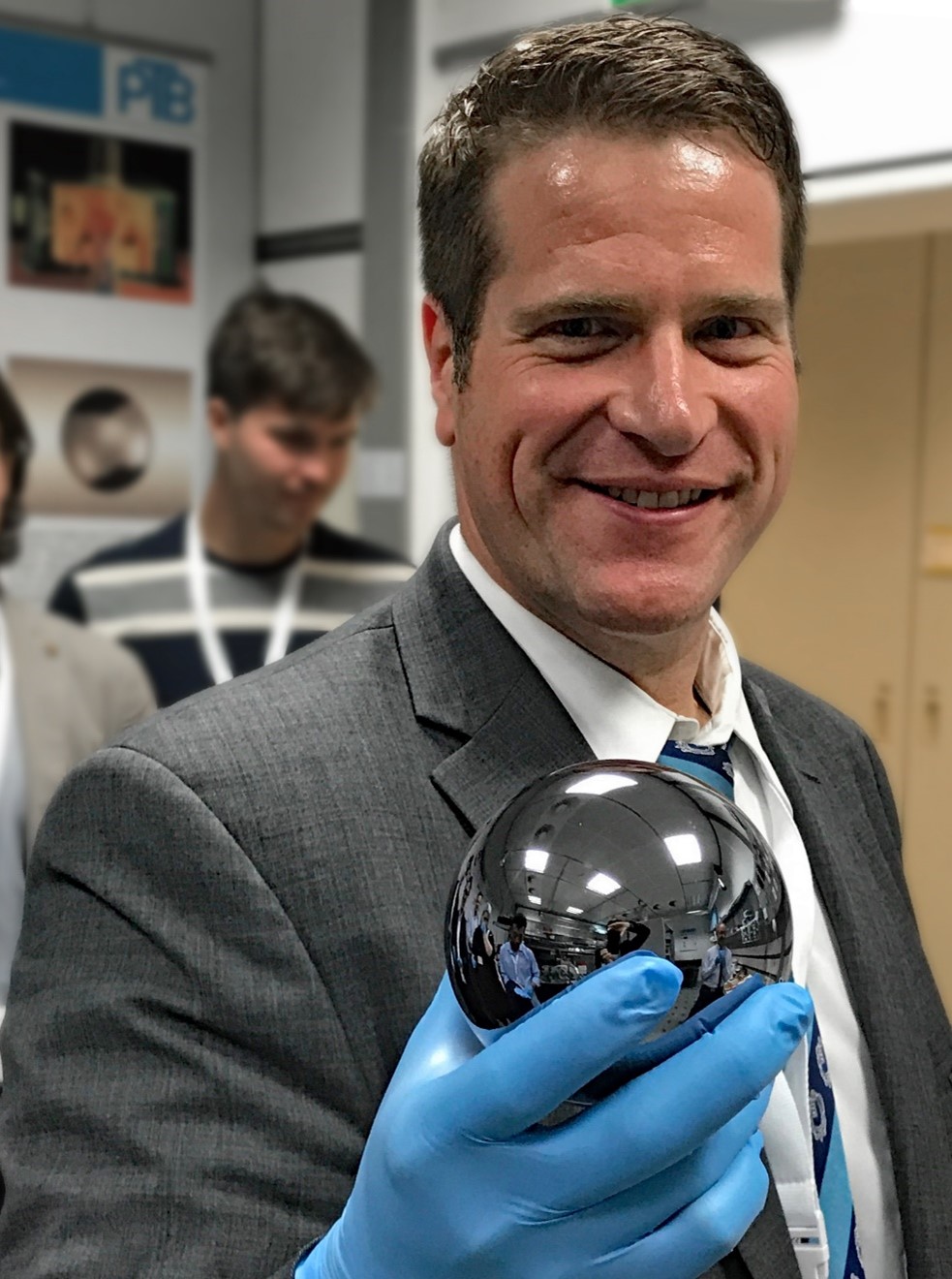
Byron Knapp has over twenty years of experience in the design and development of precision manufacturing systems and precision machine design. He received his BS, MS and PhD degrees in Mechanical Engineering at The Pennsylvania State University under Professor Eric R. Marsh. Byron has been a Senior Engineer at Professional Instruments Company for 15 years where his focus has been on air bearing spindle characterization using finite element and modal analysis, nanometer-level spindle metrology, and occasional forays into oil hydrostatic spindle testing. Byron is an active member of the international precision engineering communities of ASPE and euspen.

